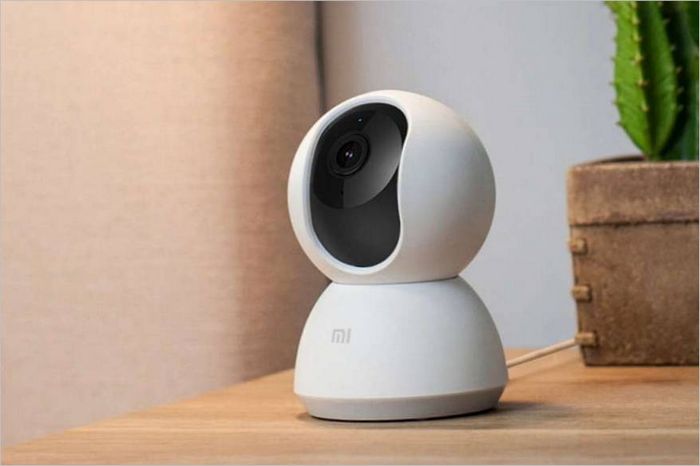Every day there are more and more surveillance cameras in the world and in America both in urban spaces and in private. According to TelecomDaily, America is in third place in the world by the total number of installed video surveillance cameras – 13.5 million, or 93.2 units for every thousand people. More cameras only in China and the U.S. A growing number of “smart” cameras connected to the network are helping with infrastructure and security-related tasks.

At the same time, as several years ago, there is still a very significant proportion of cameras that are not hacker-proof. Cybercriminals love them for their prevalence and ease of finding victims automatically from public IP addresses. And also for the fact that camera owners very rarely change default usernames/passwords, and their factory pairs have long been known.
For example, hackers broke into and gained access to 15,000 private surveillance cameras in New York this fall, installed in apartments, stores, banks, shopping malls and other organizations. The cybercriminals themselves reported it to the media, and shared plans to use it: to create an alternative facial recognition system that can locate people by photo. How many hacking cases remain unknown is anyone’s guess.
Unprotected cameras installed in the apartment are especially dangerous: having got access to them, a criminal can plan a robbery or get confidential material.
Recommendations of Sergei Kuzmenko, Senior Specialist for Digital Product Testing at the Roskatchestvo Center for Digital Expertise, on camera security:
– Regardless of whether you’re buying a camera for home or business, don’t skimp on your own security. Buy cameras from trusted manufacturers who have an up-to-date website and live customer service. For maximum security, the camera should be encrypted.
– Regularly update camera firmware from official sources.
– Always change the default passwords, use complex passwords that cannot be cracked by a simple brute force attack i.e. automatic password search .
– Disable service accounts if possible.
– Set filtering by IP-addresses: specify only those from which you can connect to the camera, if this function is supported by the device.
– If you have cameras in your facility, ask your system administrator to check their security and availability for hacking, change default passwords.

Is there any effective method to prevent a surveillance camera from invading your privacy and constantly monitoring your activities without your consent?